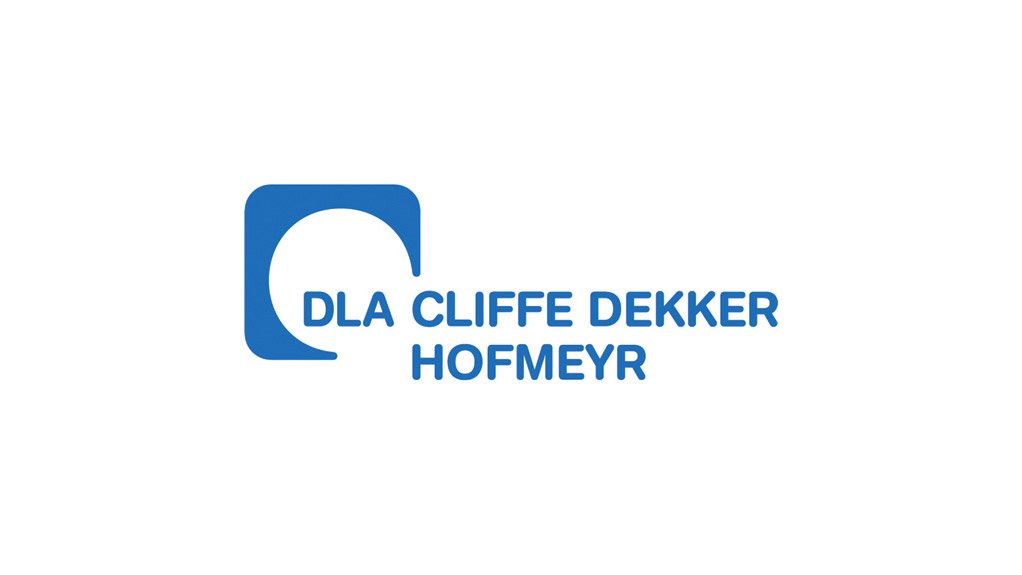In April 2014, the Constitutional Court ordered the South Africa Social Security Agency (Sassa) to initiate a new tender process for the payment of welfare grants and held that the current contract holder, Cash Paymaster Services, could not benefit from an unlawful contract and that its proceeds should not be above public scrutiny (Allpay Consolidated Investment Holdings (Pty) Ltd and Others v Chief Executive Officer of the South African Social Security Agency and Others (No 2) (CCT 48/13) [2014] ZACC 12 (17 April 2014)).
The prevailing view up until now has been that a private company remains just that - private and immune from public accountability and scrutiny - so long as the corporate veil has not been pierced by a court of law, or the company is not publicly listed, or, with the recent coming into effect of the new Companies Act, that the company does not have a certain public interest score prescribed in the Act which subjects it to higher transparency and accountability requirements.
Notwithstanding that, the Companies Act itself has amongst its objectives the promotion of the compliance with the Bill of Rights in the application of company law. Previously, this was interpreted to mean that a private company needed to do no more than "not to interfere with or diminish the enjoyment of the protected rights.”
The new reality seems more like Cekwa! – a game we used to play as children. You "touch" or “tap” the state for business and your very nature as a private sector company might change. In terms of this decision, by tapping the state for contracts, a private company might soon find itself in a position where it has to disclose pertinent aspects around its operational and financial business to improve transparency and accountability.
After this judgment it is clear that any benefit that a private company derives from state contracts will not be beyond public scrutiny. The court has held that under the current constitutional dispensation, the presence or absence of government control is no longer a determining factor in whether an entity is an organ of state. So, as in the case of Cash Paymaster, the nature of the function performed by the company on behalf of the state may transform the company itself by diminishing or limiting its private nature and covering it with a public cloak, together with concomitant obligations.
As a start, companies that fulfil a constitutional function or a public function on behalf of the state will not avoid public accountability, disclosure and scrutiny. Secondly, the net result of this decision may potentially be interpreted as not only affecting companies that are contracted by the state to fulfil a constitutional or public function, but also all private sector companies involved in public private partnerships, fulfilling certain infrastructure obligations on behalf of the state or its organs.
Conceivably, the reach of this decision may extend to those companies that owe their license to operate from the state and by operation of law. Examples are certain regulated industries as well as those companies that are state funded or derive a substantial portion of their revenues from the state or its organs. The tentacles could also extend to subcontractors. Such companies would be required to "ring fence" those aspects of their operations and financial revenues that are derived from the state from other activities, to enable such scrutiny.
It seems the ambit of a private company's accountability reaches beyond the meaning and interpretation of "public interest" as well as its public interest score as narrowly defined in the Companies Act.
Written by Thina Siwendu, Director and corporate governance specialist in the Corporate and Commercial Practice, Cliffe Dekker Hofmeyr
EMAIL THIS ARTICLE SAVE THIS ARTICLE
To subscribe email subscriptions@creamermedia.co.za or click here
To advertise email advertising@creamermedia.co.za or click here











